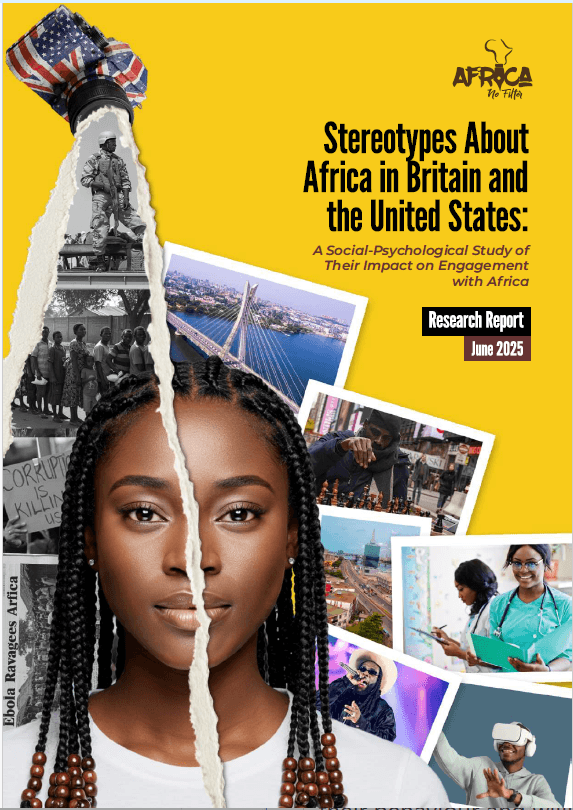Quiet. Listen. Do you hear it? Listen closer. Is the ground shifting beneath us? I'm not sure about you, but I can certainly sense it. The whole world seems to be on the edge of a precipice, and all this ‘new normal’ talk is beginning to eerily settle in for me. The Coronavirus pandemic is the axe that has split a distinct fault line between the last 50 years and the next half-century.
It can be easy to become hidebound by panic when disaster strikes but it’s at these times when it’s particularly important to try and plan for the long term and not just tomorrow. In my article The Shifting Workplace: How to Change Before Change Happens, I argued that the world will forever change post-pandemic with remote working as a result of COVID-19 being one of the major shifts happening right now. What with 90% of millennial workers supporting the idea.
And now, a new global survey of 2,250 office workers published by OnePoll shows that when given a choice, 48% of employees of all ages would willingly take a pay cut just to continue working from home after the pandemic. I thought this an interesting find, and I decided to pose the same question to a few of my millennial friends and acquaintances to see what those closest to me think. Of the 10 responses I've received as of publishing time, five were certain they'd take a pay cut for the luxuries of home working, while two were leaning towards the thought but not completely sure yet. The rest didn't mind the status quo.
What's apparent from all this is that remote working as a result of COVID-19 is here to stay. Those employers or older employees belonging in the pre-millennial generations who may be nervous about adopting new ways of working may see their hand forced into adopting new technologies like Zoom- even embrace them.
In her recent Forbes article Why COVID-19 Makes It More Important Than Ever For Companies To Understand The Multigenerational Workforce, Josie Cox echoes the fears of Boomers and Generation Xers of being displaced by younger, more tech-savvy managers and novel ways of working. In it she states:
“As the world of work around us changes, older generations can become fearful of a loss of professional identity and the prospect of not being able to keep track of digital developments. Arguably COVID-19 is proving to be the greatest catalyst for rapid change in the workplace we’ve ever seen. Keeping up won't necessarily be easy for anyone.”
That last line is what gave me the jitters. While older generations might be anxious about their place in the post-pandemic workplace, for millennials it might be a case of 'be careful what you wish for', because keeping pace won't necessarily be easy for any generational cohort- millennials and Gen Z's not excluded.
Which brings me back round to the edge of the precipice from where we currently dangle, staring at an, as of yet, undefined ‘new normal’. Some insights from the crafters of the upcoming fourth industrial revolution show that we probably shouldn't even be concerning ourselves too much with the question of remote working, because we may not even be working at all in the near future.
Technologies like Zoom may simply be the gateway to the real end goal: artificial intelligence and robot workers. A looking-glass article published by the World Economic Forum, which brings together global leaders in business, politics and academics to shape our collective future, paints a vision of what the concept of work may look like in 10 years’ time. Here's a passage from the article titled Welcome to 2030. I own nothing, have no privacy, and life has never been better:
Welcome to the year 2030. Welcome to my city - or should I say, "our city". I don't own anything. I don't own a car. I don't own a house. I don't own any appliances or any clothes. It might seem odd to you, but it makes perfect sense for us in this city. Everything you considered a product, has now become a service... In our city, we don't pay any rent, because someone else is using our free space whenever we do not need it. My living room is used for business meetings when I am not there...
When AI and robots took over so much of our work, we suddenly had time to eat well, sleep well and spend time with other people. The concept of rush hour makes no sense anymore since the work that we do can be done at any time. I don't really know if I would call it work anymore. It is more like thinking-time, creation-time and development-time.
Is this the ‘new normal’ you should be preparing your business and workplace for in the long term? Probably. Is it a ‘new normal’ we want? That's for us all to ponder individually.





